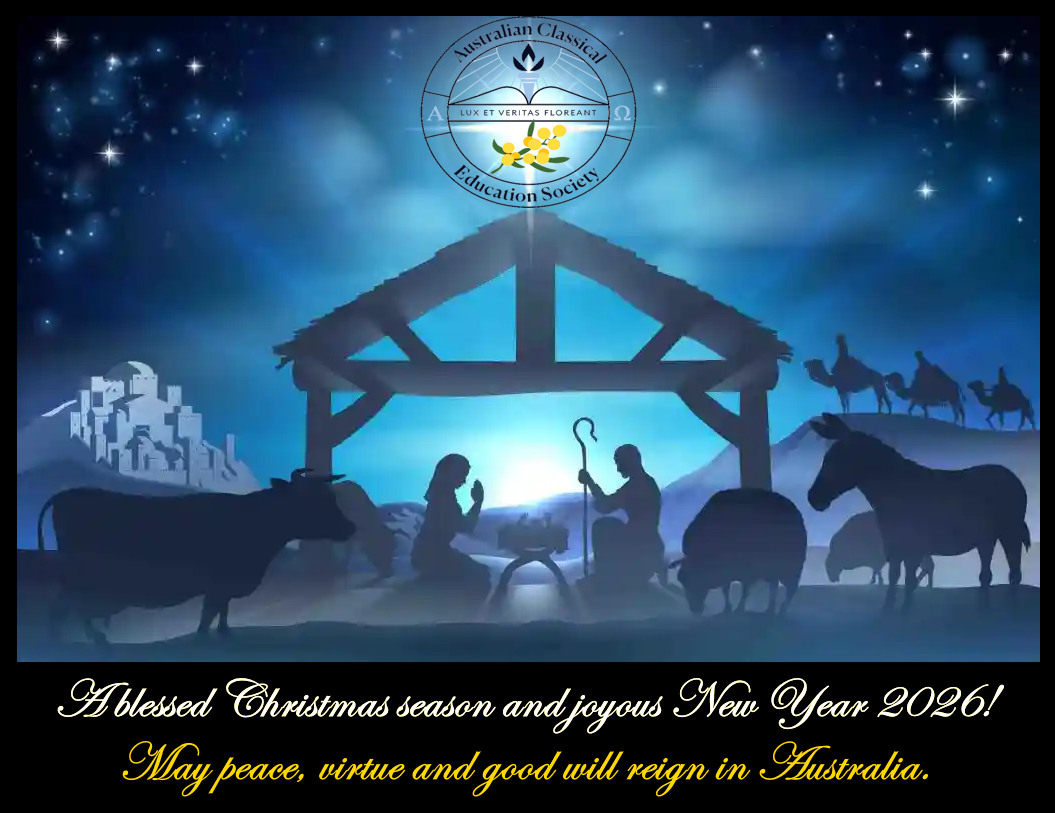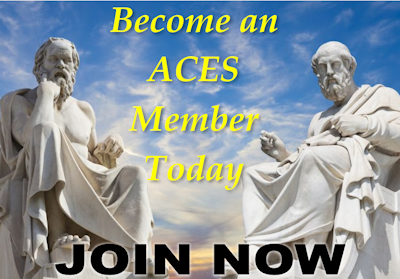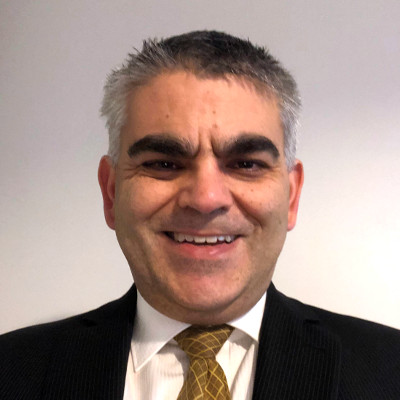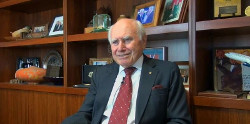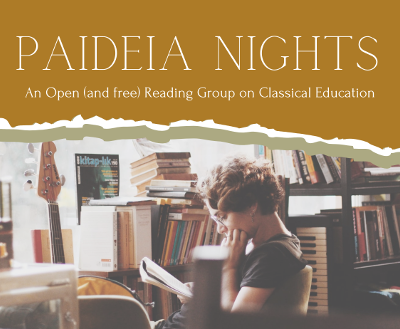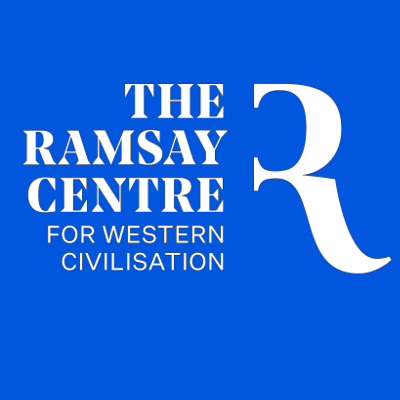This paper will concern itself with three teaching techniques for the classical classroom. These three have been selected because they are easy to learn – but difficult to master; they can implemented in all age groups from K to 12. They can be used in almost every subject area. They are high impact: high impact for the students but also high impact for the teacher, in opening one’s eyes to a different way of teaching.
This entry is Part Three of a three-part article. Visit these links for Part One and Part Two.
Read more ...
This paper will concern itself with three teaching techniques for the classical classroom. These three have been selected because they are easy to learn – but difficult to master; they can implemented in all age groups from K to 12. They can be used in almost every subject area. They are high impact: high impact for the students but also high impact for the teacher, in opening one’s eyes to a different way of teaching.
This entry is Part Two of a three-part article. For Part One, visit this page.
Read more ...
For those who have had the privilege of a classical education or are in some way involved in teaching or learning about it, there's little need for outside evidence to convict us of the efficacy of this pedagogy and the multiform curricula associated with it. We are very aware of the great blessings it provides, maturing young people in virtue, responsible citizenship, academic and sporting abilities, and their relationship with God and His Creation. Nevertheless, it is heartening to know that there have been several professional research studies conducted into classical schools and the results of these are undeniably positive; in fact, rather enviable for most mainstream educational institutions.
Read more ...
In an era when students sought out educators rather than being assigned them like numbers in a lottery, finding a good teacher was of paramount importance. This was certainly true in Ancient Rome, where the association a young man (and his family) established with a teacher would not only shape his education but social networks and reputation too. Likewise, a capable, reputable teacher could build a sufficient coterie of pupils – and, if really successful, his own school – to earn an enviable livelihood.
As the classical movement grows in Australia, one of its remarkable characteristics is the manifold forms in which liberal arts education is taking place. The top-down approach is yet to bear any fruit; instead, we witness bourgeoning parent-led school communities and homeschooling efforts. One small-scale but comparatively simple and efficient model is the tutoring school, such as The Classical School in Mount Lawley, Western Australia (https://www.theclassicalschool.com.au/), where, as in the ancient Mediterranean world, students and their parents find the teacher best suited to them. There is considerable untaped potential here for both homeschoolers and those seeking an alternative means of exposing their children to classical learning. There may even be room for building a database of classical tutors throughout Australia who could work at their local level or (less favourably) online with small groups of students.
This puts the emphasis back on the quality of the teacher’s teaching and explicitly demands attention be squarely fixed on the issue (one that commonly remains in the background of mainstream schooling): What makes a good teacher? In any rich educational marketplace, it will be such a teacher who, justly, is able to garner students. To start us upon the road for an answer to this question, we can turn to Quintilian, that famous Roman rhetorician and theorist, who provides a fairly decent outline of what constitutes a good teacher in his Institutio Oratio (c. AD 95).
Read more ...
This paper will concern itself with three teaching techniques for the classical classroom. These three have been selected because they are easy to learn – but difficult to master; they can implemented in all age groups from K to 12. They can be used in almost every subject area. They are high impact: high impact for the students but also high impact for the teacher, in opening one’s eyes to a different way of teaching.
But before I get into exactly what these techniques are, we will have to discuss the role of a technique in education.
Read more ...

